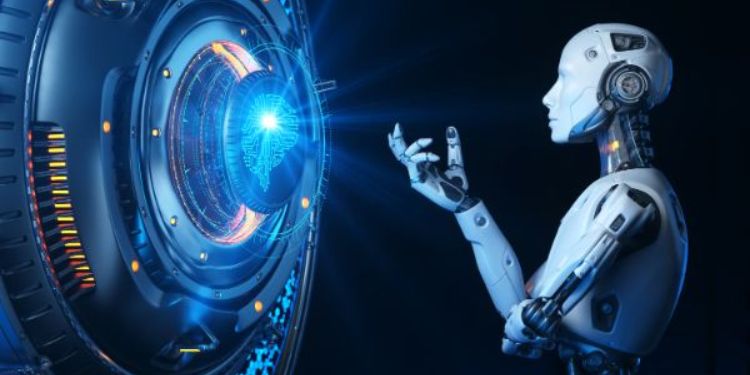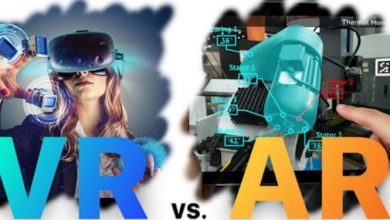Unveiling Tomorrow: Is AI Technology the Future of Technology?

In a world that is ever-evolving, the pace at which technology is advancing is nothing short of remarkable. Among the myriad of technological innovations, Artificial Intelligence (AI) has emerged as a transformative force, sparking conversations and debates about its role in shaping the future of technology. In this blog, we will explore the intricacies of AI, delving into its current impact and pondering the question: Is AI technology truly the future of technology?
The Rise of AI: A Technological Revolution
Artificial Intelligence, once confined to the realms of science fiction, has become a tangible reality. The ability of machines to simulate human intelligence and perform tasks that traditionally required human intervention is reshaping industries and societies. From healthcare to finance, AI is making inroads, streamlining processes, and augmenting human capabilities.
Current Landscape: AI in Action
As we stand on the cusp of a new era, it’s essential to acknowledge the tangible ways AI is already integrated into our daily lives. Virtual assistants like Siri and Alexa, recommendation algorithms on streaming platforms, and predictive text on our smartphones are just glimpses of AI’s omnipresence. Moreover, industries are leveraging AI for data analysis, automation, and predictive modeling, leading to unprecedented efficiency and innovation.
The Pros: How AI is Transforming Industries
1. Enhanced Efficiency
AI is a catalyst for efficiency, automating repetitive tasks and allowing humans to focus on more complex, creative endeavors. This not only increases productivity but also opens doors to new possibilities.
2. Precision in Healthcare
In the healthcare sector, AI is revolutionizing diagnostics and treatment plans. Machine learning algorithms analyze vast datasets, leading to more accurate diagnoses and personalized treatment options.
3. Smart Cities and IoT Integration
AI plays a pivotal role in the development of smart cities. Integrated with the Internet of Things (IoT), AI enables efficient traffic management, waste disposal, and energy consumption, contributing to sustainable urban development.
4. Improved Customer Experiences
Businesses are utilizing AI to enhance customer experiences. Chatbots provide instant support, recommendation engines personalize shopping experiences, and AI-driven analytics refine marketing strategies.
The Cons: Navigating Challenges in the AI Landscape
While the potential of AI is vast, it is not without its challenges and ethical considerations.
1. Job Displacement
The automation of tasks raises concerns about job displacement. As AI takes over routine jobs, the workforce must adapt to evolving job requirements, emphasizing creativity and problem-solving.
2. Ethical Dilemmas
AI decisions are only as unbiased as the data they are trained on. Ethical concerns arise when AI systems perpetuate or amplify existing biases, impacting decision-making in areas like criminal justice and hiring.
3. Security and Privacy
The increasing reliance on AI raises concerns about data security and privacy. Safeguarding sensitive information becomes paramount as AI systems become more sophisticated and interconnected.
The Future Unveiled: What Lies Ahead?
Predicting the future of technology is a formidable task, but the trajectory of AI suggests a landscape filled with both promise and challenges. The evolution of AI technology will likely be shaped by breakthroughs in machine learning, natural language processing, and robotics.
1. Advancements in Machine Learning
Continued advancements in machine learning algorithms will enhance AI’s ability to understand and respond to complex patterns, making it more adaptable and effective.
2. Human-Machine Collaboration
The future may see an emphasis on human-machine collaboration, where AI augments human capabilities rather than replacing them. This collaborative approach can unlock new levels of creativity and problem-solving.
3. Ethical AI Development
Addressing ethical concerns is crucial for the responsible development of AI. Stricter regulations, transparent algorithms, and diverse representation in AI development teams can mitigate biases and ensure ethical use.
Conclusion: Navigating the AI Frontier
As we navigate the uncharted territories of AI, one thing is clear – the impact of AI on the future of technology is undeniable. While challenges exist, the potential for positive transformation is immense. The key lies in responsible development, ethical considerations, and harnessing the power of AI to augment human capabilities rather than replace them.




